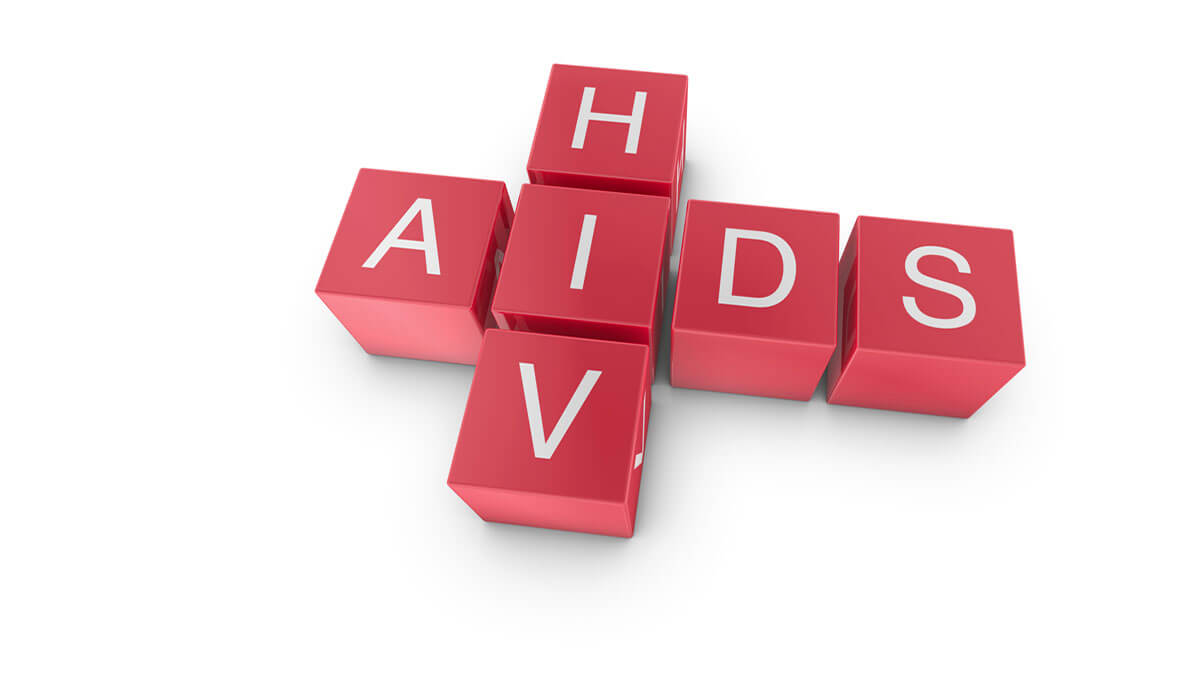The decision by the Lau Provincial Council to endorse and launch a task force to address HIV and drug issues in the islands is timely and significant. It is an important demonstration of leadership and commitment in tackling two of the most pressing social and health challenges confronting us today.
By taking this step, the Council has shown it is not waiting for the problem to worsen before acting. It is prioritising awareness, prevention, and coordinated community response, an approach that can and should be replicated elsewhere.
Former Finance Minister Professor Biman Prasad revealed last month that Fiji now has 7000 confirmed HIV cases. These are not just statistics. They represent lives, families, loved ones, and communities affected by a disease that could have been managed more effectively through sustained education, early testing, and collective responsibility.
To its credit, the Government has responded with a $10 million allocation to strengthen national strategies for testing, prevention, awareness, and control. It is a positive move, but national policy alone will not be enough.
Real change requires the involvement of communities, particularly those in the outer islands, where access to healthcare and information is often limited.
This is why the initiative from Lau is significant. The proposal to form a task force came from the Tui Nayau, Ratu Tevita Mara, who called for urgent and coordinated action to tackle these issues in the Lau Group.
His leadership has inspired a framework that includes key representatives working closely with the provincial committee.
Their involvement ensures that the voices of those most affected are heard and that the solutions developed are practical, inclusive, and grounded in community realities.
Provincial Council chairman Ratu Meli Saubulinayau acknowledged that the establishment of the committee followed the Tui Nayau’s call for action.
Roko Tui Lau, Jioji Kaloinivalu, reiterated the Council’s seriousness in combating these social ills and expressed support for the initiative.
Presenting details of the plan at the council meeting in Suva earlier this week, Nacanieli Yalimaiwai highlighted that Ratu Tevita wanted the task force to act immediately.
“The turaga is very concerned about these issues and wants them addressed immediately because they affect our youths, and he doesn’t want them to affect the whole Lau Group,” Mr Yalimaiwai said.
He explained that the task force will establish platforms for open dialogue among stakeholders and work with government agencies, communities, and organisations.
It will also develop an evidence-based strategic action plan addressing root causes, while protecting the rights and wellbeing of all Lau people.
This inclusive and proactive approach is what Fiji needs.
The link between HIV transmission and drug abuse is worrying. Reports of school-aged children being infected underscore the scale and gravity of the problem.
It calls for strong community education, values-based awareness, and consistent engagement with young people.
The Lau initiative is a call to action. It reminds us that leadership at every level matters, and that communities can be powerful agents of change when given the tools, support, and authority to act.
The fight against HIV and drug abuse demands unity, compassion, and courage, from the Government, traditional leaders, churches, schools, and families.
If Lau can take such bold and compassionate action, what excuse do the rest of us have?



